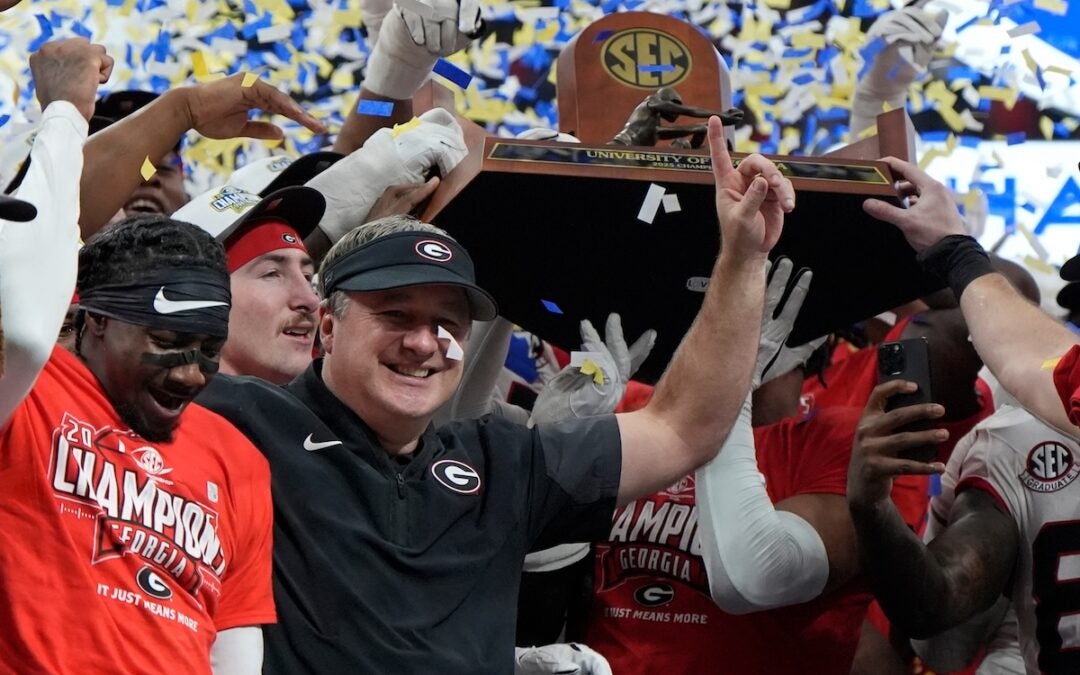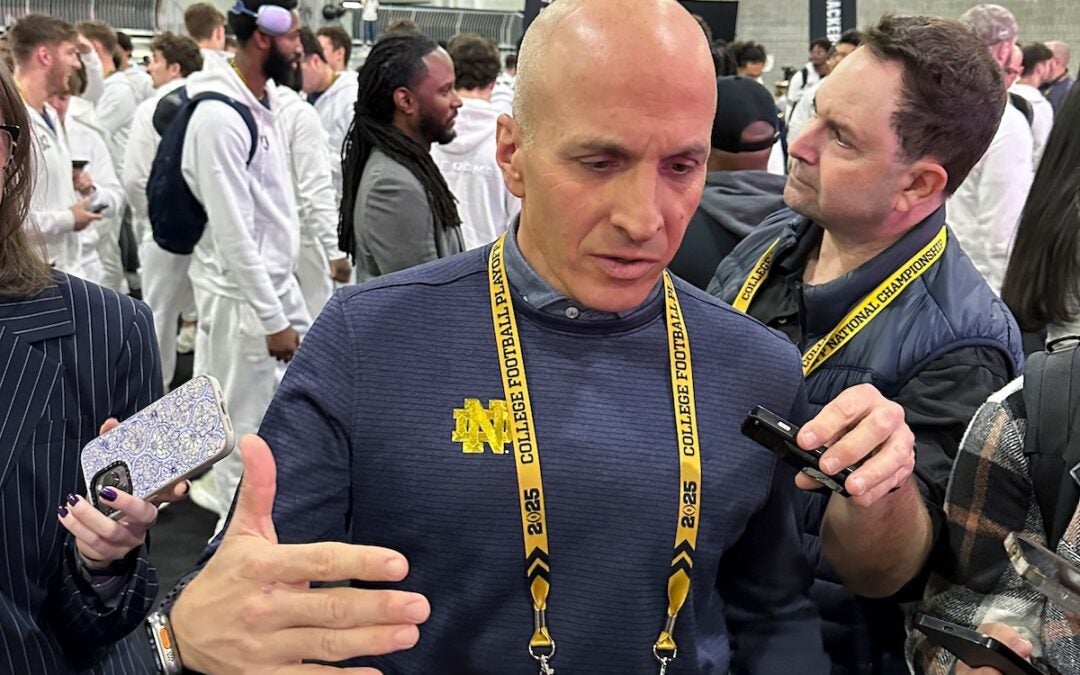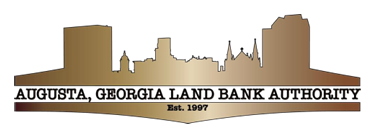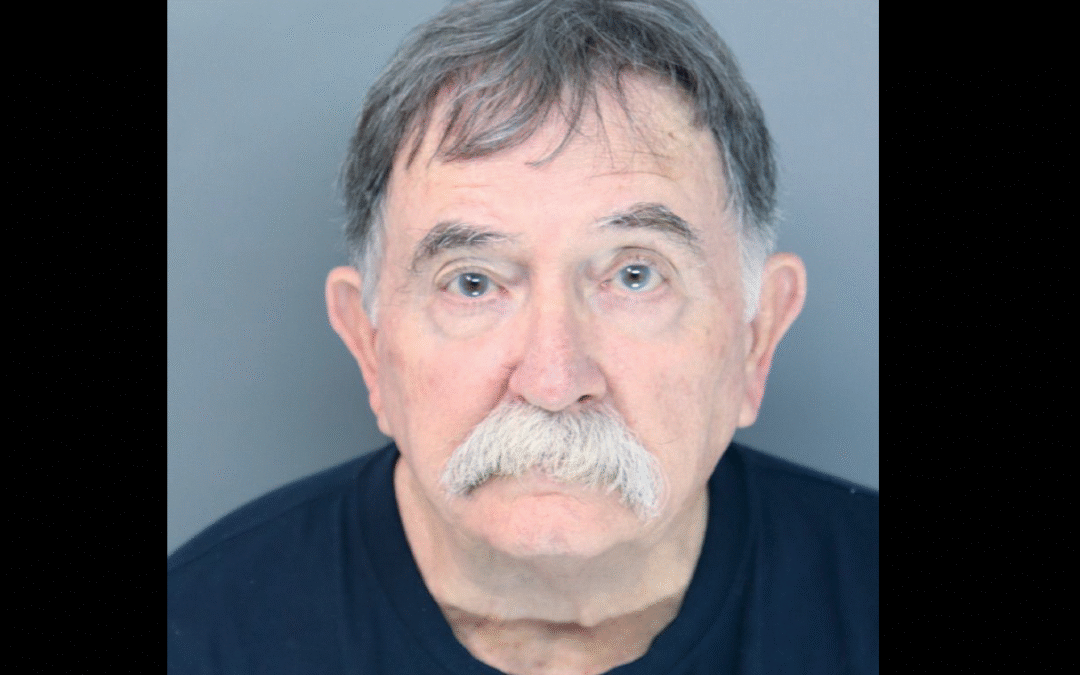The Augusta Museum of History offered the audience a summary the city’s cyber initiatives in its monthly Brown Bag Lecture on Wednesday, March 8.
Thomas Clark, the executive director at CSRA Alliance for Fort Gordon, had been scheduled to give the presentation, titled “Cyber’s Arrival in Augusta,” but was called to business in Washington, D.C. In his stead, Joseph Holloway, director of elite training at the Georgia Cyber Center (also known as “e1337” training), and David Ivey, director of the Cyber Range, came to the museum to discuss and field questions about the Cyber Center’s mission.
“The education component to cybersecurity is a big piece of why we’re there,” said Holloway, underscoring the unique collaboration between government, military, education and private industry that the Cyber Center represents.
Holloway went on to talk about the ecosystem forged at the Cyber Center, exemplified it’s the home of Army Cyber Command, the site of Savannah River National Laboratory’s cybersecurity lab, the GBI’s Cyber Crime Center and Augusta University’s School of Computer and Cyber Sciences.
One of Holloway’s concentrations as director of elite training is the K-12 integrations, which entails introducing cyber-related skills emphasizing problem-solving, critical thinking and creativity to students of all grades, which may inspire them toward STEM and cyber-related fields.
“That’s a tricky area,” Holloway said. “They don’t have a whole lot of folks going out and giving that affordable, relevant training to them. So that’s what we’re looking to try to provide.”
This includes offering cyber education to K-12 teachers, equipping them as curricula grow more tech-heavy due to the burgeoning demand of cyber-related skill sets.
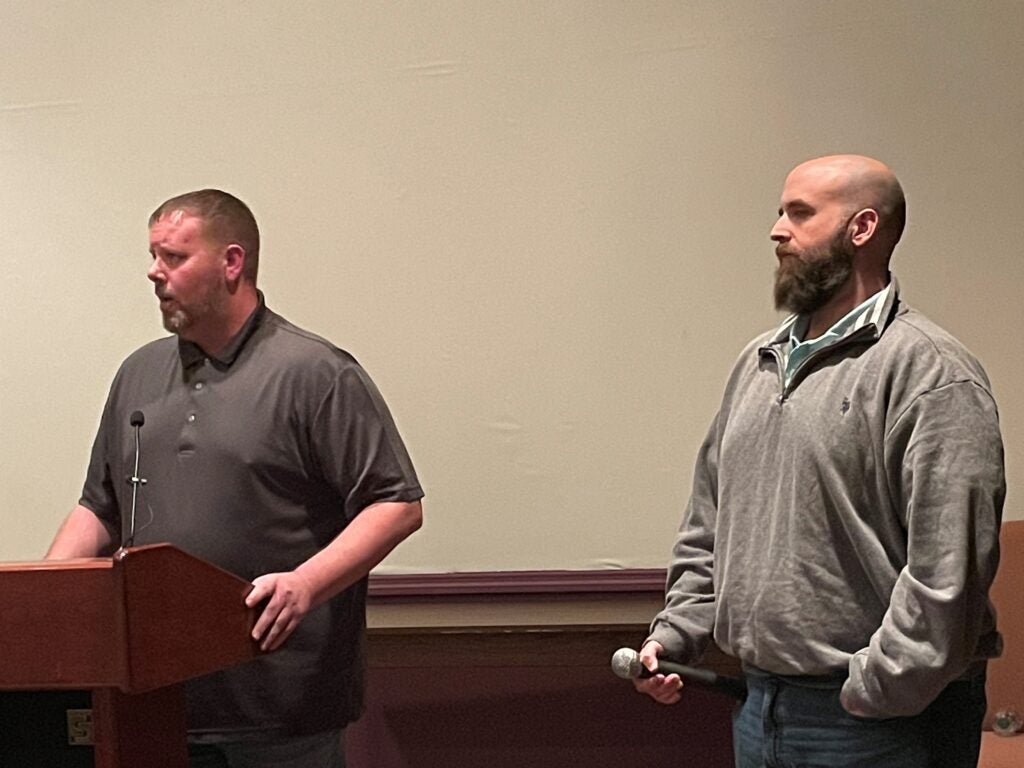
“What you have in the K through 12 system is, you get a science or a math teacher that’s told ‘you’re going to teach cyber;’ it’s not their specialty, it’s not their skill, but they’re told to teach it anyway,” said Ivey. “So we get them to where they can actually teach this and be effective at it, so schools can actually meet their pathway goals and be on a path to go to the university and cyber, or into the professional world as well.”
Ivey likens the Cyber Range to a shooting or golf range, where learners have a haven to practice their developing skills.
“If you think about ethical hacking or cyber defense, whatever the skill may be, they get to go in there and do that in a safe arena, so that they can actually practice and hone their skills before they have to go out and actually do cyber defense or nation state activities, whatever the case may be,” he said.
Training, particularly for K-12 students, can be integrated into school STEM programs in a way to make computer science and programming more palatable. Kids may be introduced to coding, for example, through online games like Scratch Block Coding, hosted by the Massachusetts Institute of Technology. From there, students can gradually advance to more complex programming, such as participating in “Capture the Flag”-style cybersecurity competitions (or CTFs). Students and military personnel competed in a capture the flag competition at the Cyber Center last August during the annual TechNet Augusta conference.
“The gamified approach to cybersecurity captivates a lot of different folks,” said Holloway, responding to a question about the potential learning opportunities for students on the autism spectrum. “It says, ‘here’s a challenge.’ They get to learn some piece of material on how to go about actually doing that thing, whatever it is, and then they move on to the next step. And so by having CTS, they have these opportunities to expand their knowledge and growth and then also meet folks and network with folks and these types of events.”
Skyler Q. Andrews is a staff reporter covering business for The Augusta Press. Reach him at skyler@theaugustapress.com.







